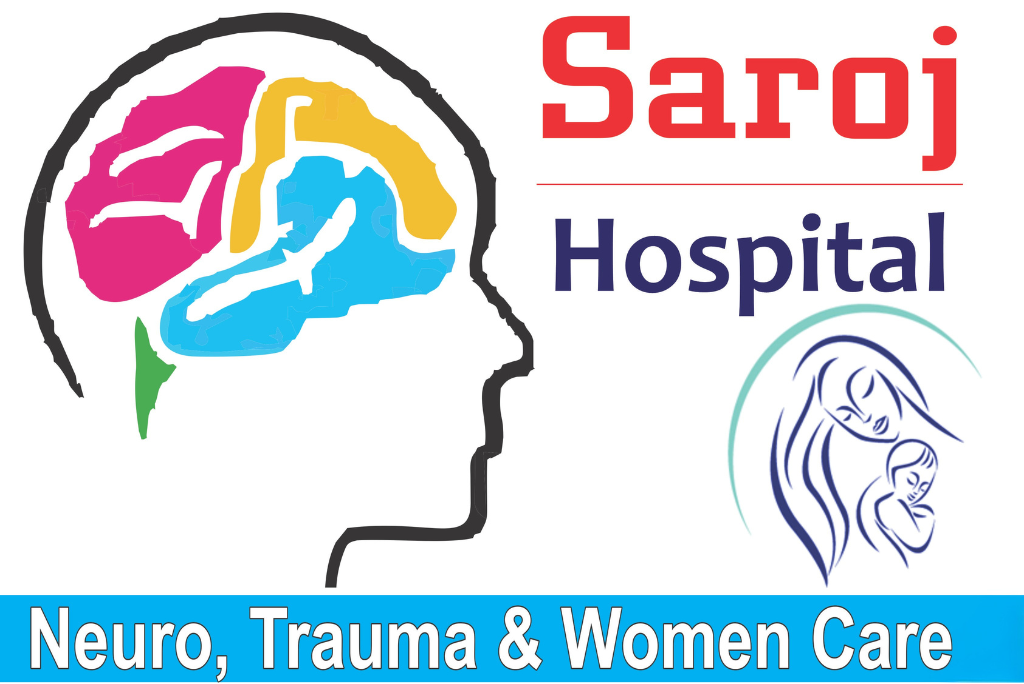What is Epilepsy?
Epilepsy is a brain condition that causes repeated seizures. A seizure happens when there is a sudden burst of electrical activity in the brain. Because of this, people may lose awareness, move uncontrollably, or feel confused. Epilepsy affects people of all ages. However, it is more common in children and older adults. According to the World Health Organization (WHO), about 50 million people worldwide live with epilepsy. Early diagnosis and treatment can help manage symptoms and improve quality of life.
Common Symptoms of Epilepsy
Epilepsy symptoms can vary from person to person. But most people experience seizures. These can look different depending on the type. For example, some people may stare blankly, while others may shake or fall. Knowing the signs helps with early diagnosis and treatment for epilepsy.
Sometimes, people may only have mild symptoms. But even mild seizures need medical attention. Early care can prevent complications.
Causes and Risk Factors
Epilepsy can have many causes. Sometimes, doctors cannot find a clear reason. But certain factors increase the risk. Understanding these helps with prevention and early care.
In some cases, epilepsy starts after surgery or trauma. But for many, the cause remains unknown. Still, knowing your risk can help you seek care sooner.
How Epilepsy is Diagnosed
Doctors use several steps to diagnose epilepsy. First, they ask about your symptoms and medical history. Next, they may order tests to check brain activity. Early diagnosis is key for starting the right treatment for epilepsy.
Sometimes, more tests are needed. But with the right tools, doctors can find the best treatment plan.
Treatment Options (including surgical interventions)
Treatment for epilepsy aims to control seizures and improve life quality. Most people start with medicine. However, some may need other options, including surgery. Advances in general surgery have made epilepsy surgery safer and more effective.
Each treatment has risks and benefits. But with the right care, many people live seizure-free.
Lifestyle Tips and Prevention
While not all epilepsy can be prevented, healthy habits can help. Managing triggers and following your treatment plan lowers seizure risk. Here are some tips for daily life:
Although you cannot control every risk, these steps support better health. Regular check-ups also help catch problems early.
When to See a Doctor
It is important to seek medical help if you or someone you know has a seizure. Even a single seizure needs a doctor’s review. Early care can prevent future problems and improve outcomes.
Remember, quick action can save lives. If you have questions about epilepsy surgery options or treatment for epilepsy, talk to a healthcare provider.
Consult a healthcare specialist at Saroj Hospital for personalized advice on managing epilepsy. A tailored treatment plan can help you or your loved one live a healthier, more controlled life.
Take the first step towards better management—schedule your consultation today

